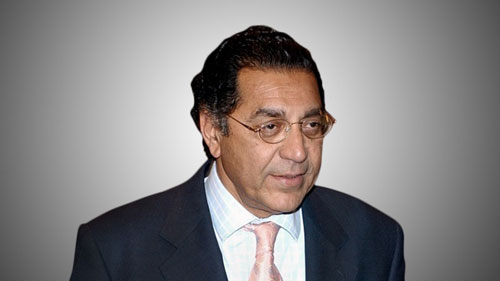Pakistan has called for strengthening the role and capacity of UN peacekeeping in hotspots around the world, saying the missions must be part of the effort to address and resolve the underlying causes of conflict that the Blue Helmets monitor.
“A peacekeeping mission must be part of an overall ‘political strategy’ that seeks to address and resolve the underlying causes of conflict and violence,” Ambassador MunirAkram told the U.N. Committee on Peacekeeping Operations, which held its first 2024 session on Tuesday.
The Pakistani envoy said that peacekeeping — U.N.’s flagship activity — was a “success story.” Pakistan, he said, has over the years contributed more than 200,000 personnel to 47 peacekeeping missions in “often challenging theatres” of conflict around the world, in addition to hosting one of the first such operations — the United Nations Military Observer Group in India and Pakistan (UNMOGIP), which monitors the ceasefire along the Line of Control (LoC) in disputed Jammu and Kashmir.
Ambassador Akram called for accountability of the growing attacks against UN peacekeepers, noting the increasingly difficult challenges – from terrorists’ criminal groups, and tribal rivalries, with unprecedented levels of threats to the peacekeepers’ safety and security. “Often there is no peace to keep,” he added. “We are also concerned by the increased misinformation and disinformation against UN Peacekeeping Missions and Peacekeepers resulting in threats to their safety and security,” the Pakistani envoy said.
In this regard, Ambassador Akram suggested an updated strategy that would ensure provision to each Mission with adequate financial, human, material resources and advanced capabilities – UAVs (unmanned aerial vehicle), radar, early warning, intelligence and counter-IED (improvised explosive devices) – to implement its mandate.
“The distinction between peacekeeping and peace enforcement must always remain clear and distinct” he emphasized, adding that an enforcement mission would require strong and clear mandates, adequately trained, experienced and equipped troops, allocation of the substantial resources which such missions require, and above all, the cooperation of the host government.—INP










